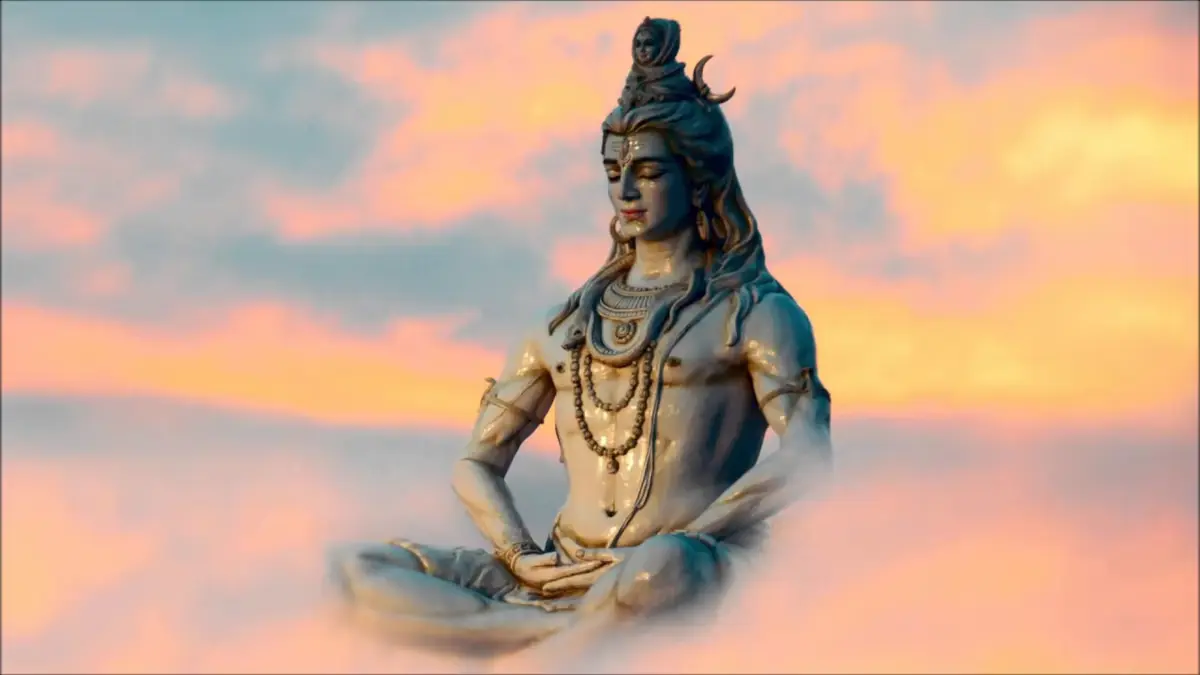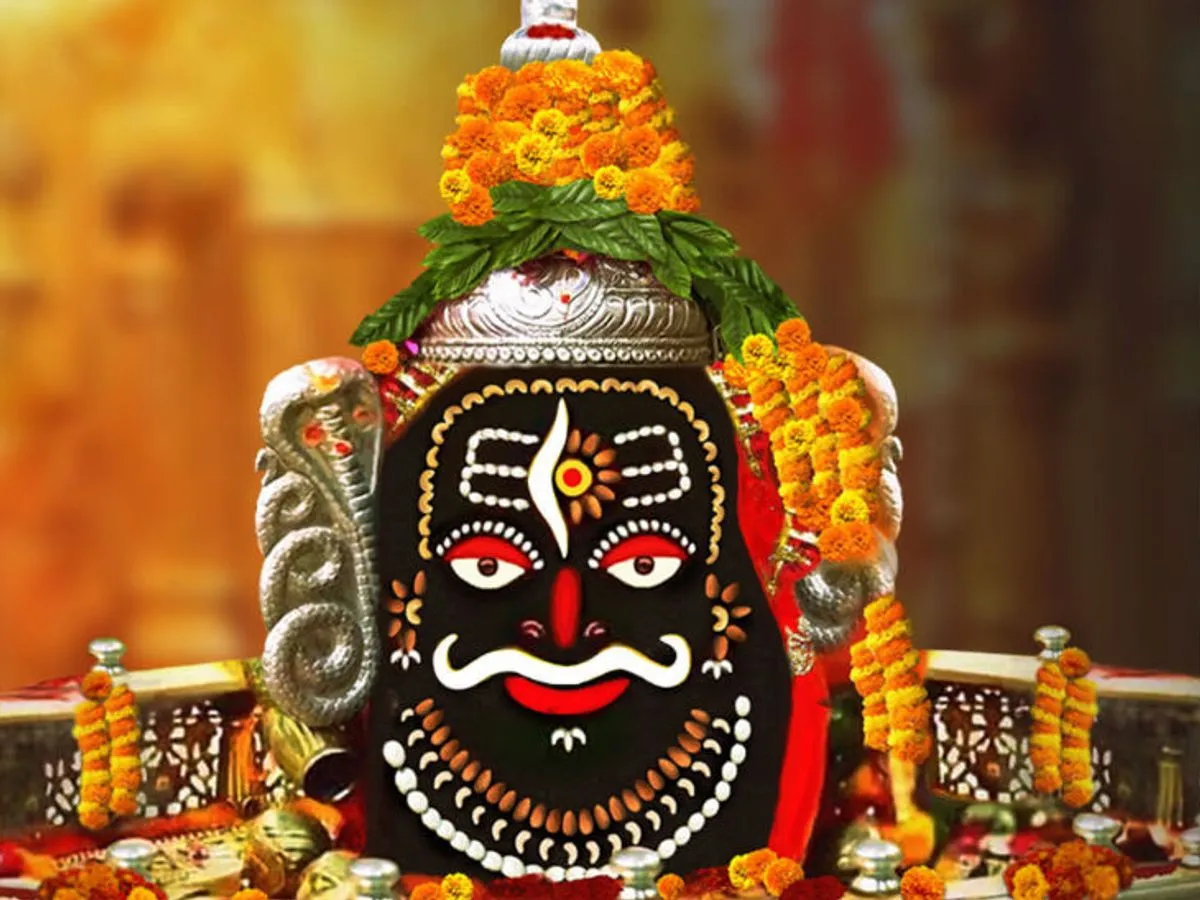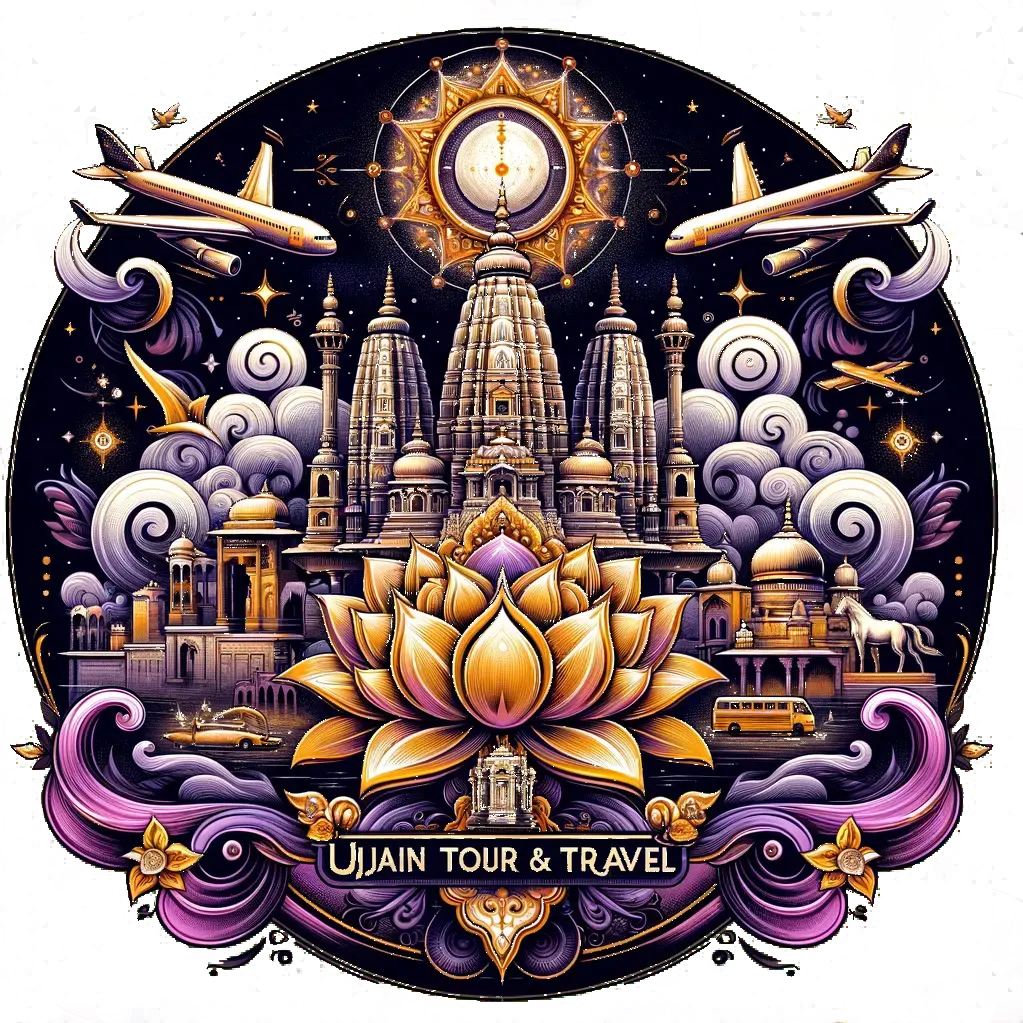
The Night Shiva Awakens: Celebrating Maha Shivratri in Ujjain's Mahakaleshwar Temple
Ujjain, Madhya Pradesh, is a city charged with spiritual energy year-round, but during Maha Shivratri, it transforms into a vibrant tapestry of devotion, celebration, and the awakening of Lord Shiva.

A Journey Through Time: The Legacy of Maha Shivratri
Maha Shivratri, meaning "the Great Night of Shiva," is one of the most revered festivals in Hinduism, dedicated to Lord Shiva, the god of destruction and regeneration. The origins of this festival are ancient, with references found in texts like the Puranas. Various legends surround Maha Shivratri, such as the cosmic ocean churning (Samudra Manthan) and the divine wedding of Shiva and Parvati.
Ujjain’s Special Connection
Ujjain holds a special place in the worship of Lord Shiva, known as Shaivism. It is home to one of the twelve Jyotirlingas, or sacred Shiva shrines, at the Mahakaleshwar Temple. During Maha Shivratri, this temple becomes the focal point of devotion, attracting devotees from all over.
The Significance of Maha Shivratri
Maha Shivratri is much more than a religious festival; it carries deep spiritual meaning:
- Creation and Dissolution: The night symbolizes Lord Shiva’s cosmic dance, representing the cycle of creation and destruction.
- Union of Shiva and Parvati: It celebrates the divine marriage, symbolizing the balance of masculine and feminine energies in the universe.
- Spiritual Growth: It is seen as an auspicious night for fasting, prayer, and meditation, offering an opportunity for spiritual enlightenment.
- Strengthening Marriages: Married couples observe the day together, praying for harmony and prosperity.
The Essence of the Celebration: Rituals and Traditions
Maha Shivratri at the Mahakaleshwar Temple is a display of devotion like no other. Here’s a look at the key rituals:
- Preparations: In the days leading up to Maha Shivratri, the temple is cleaned and decorated, and devotees begin arriving from all parts of India.
- Bhasma Aarti: One of the most unique rituals, the Bhasma Aarti, takes place at dawn. Ashes from the cremation ground are offered to the Shiva lingam, while mantras are chanted in a powerful and mesmerizing atmosphere.
- Maha Abhishek: Throughout the day, the Shiva lingam is bathed in offerings like milk, panchamrit (a mixture of five sacred ingredients), and sandalwood paste, accompanied by devotional chants.
- Night-long Vigil: Devotees remain in the temple throughout the night, chanting, praying, and meditating.
- Dwadash Jyotirlinga Darshan: The Mahakaleshwar Temple also contains smaller shrines representing the twelve Jyotirlingas across India, and devotees visit each to offer prayers.
The City Comes Alive
The entire city of Ujjain transforms during Maha Shivratri. Streets are lit up, shops sell special festive treats, and the air is filled with devotional music. Processions showcasing mythological stories related to Shiva weave through the streets, adding to the festive atmosphere.
Beyond the Temple: Citywide Celebrations
Maha Shivratri extends beyond the walls of the Mahakaleshwar Temple, with the city embracing the festival in various ways:
- Pandithi Bazaar: This bustling market comes alive with stalls selling offerings for the festival, from flowers to fruits, contributing to the festive spirit.
- Langars and Seva: Community kitchens (langars) are set up to serve free meals to devotees, reflecting the festival’s spirit of charity.
- Cultural Performances: The evenings are filled with bhajans (devotional songs), dance performances depicting Shiva’s stories, and plays retelling mythological tales.
- Family Celebrations and Fasting: Many families hold special pujas at home, with women often observing fasts throughout the day, breaking them after evening prayers.
A Festival for All
Maha Shivratri in Ujjain is a celebration that goes beyond religious lines. The scale, vibrancy, and focus on spiritual growth draw people from all walks of life, offering something for everyone—whether you’re a devotee, a cultural enthusiast, or a curious traveler.
Experiencing the Divine: Tips for Visitors
If you're planning to visit Ujjain for Maha Shivratri, preparation is key:
- Book Early: Hotels fill up quickly, so secure accommodation near the temple in advance.
- Travel Plans: Ujjain is well-connected by road, rail, and air, so booking tickets early is essential.
- Dress Modestly: Though there’s no strict dress code, modest attire is recommended, especially in the temple.
- Be Patient: Temple queues can be long, so arriving early is advisable.
- Essentials: Carry water, comfortable shoes, and a hat as you’ll likely spend much of the day outdoors.
Looking Forward: The Festival’s Future
Maha Shivratri in Ujjain continues to grow, with authorities working to improve crowd management and infrastructure. As the festival gains international attention, it serves as a platform to showcase India's spiritual and cultural richness to the world.
A Symphony of Faith and Culture
Maha Shivratri in Ujjain is more than a religious celebration—it’s a dynamic expression of faith, culture, and humanity. It’s a chance to witness ancient traditions in action, participate in a collective experience, and immerse yourself in the spirituality of the occasion.
In Conclusion
Maha Shivratri at Ujjain’s Mahakaleshwar Temple is a captivating celebration of Indian spirituality. The rituals, the chants, and the devotion of thousands of pilgrims come together to create an unforgettable experience. Whether you're a seasoned traveler or on your first pilgrimage, Maha Shivratri in Ujjain will leave a lasting impression, offering a deeper understanding of Lord Shiva and the significance of this sacred night.
